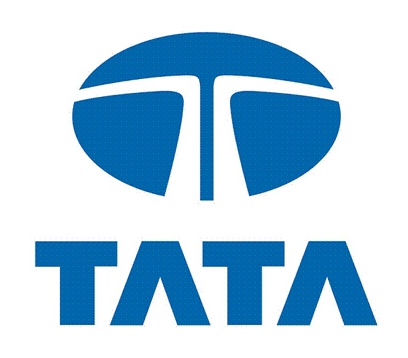
A court case alleging ethnic discrimination by the Indian outsourcing giant Tata Consulting Services Ltd, the nation's second largest user of H-1B workers, shows that such discrimination is not only illegal, it can be harmful to the bottom line of the discriminator.
One of the witnesses, an Iranian and a former Tata H-1B worker, assigned at one point to Apple, had this (condensed) work history:
- Tata hired him at $53,000/year, and probably rented him out for something like $75,000/year;
- Tata, his attorney said, assigned him to an Apple contract, but tolerated discrimination against him by fellow workers (Indians) and then fired him for being late to work one day;
- 29 days later he landed a $170,000/year job with a firm that later went out of business; and
- Currently he is being paid $200,000/year by Oracle.
Think how much Tata could be making if they had rented him to Oracle.
As we reported earlier, Tata is one of a number of big, India-related H-1B-using companies that have been sued by a small, D.C.-based law firm, Kotchen & Low LLP. It has brought a class action case against Tata charging that it discriminated against non-South Asian workers, including several of Kotchen & Low's clients, both U.S. citizens and non-Indian H-1B workers, such as the Iranian in this case, Seyed Amir Masoudi.
It is a civil suit being argued in a federal district court in Oakland, Calif. This is the first of the Kotchen & Low cases to reach the trial stage, and day-to-day reports on it are being supplied by Law360 (partially behind a pay wall).
Earlier in the trial, it was reported that:
University of California, Irvine, labor economist David Neumark ... said that he had better odds of winning the $1.6 billion Mega Million lottery than Tata has of proving it fired non-South Asians "by chance" based on its employment data.
The testimony cited data that showed Tata had "fired fewer than 1 percent of its South Asian employees in the United States compared to 10.6 percent of its non-South Asian employees." For reasons not clear to me, the term "South Asians" is used to identify Indian nationals. In an earlier posting, we showed that, within the H-1B program, the big Indian outsourcing firms not only discriminate against all but Indians, they also discriminate in favor of young, Indian males from three or four states in the southern tip of that nation.
